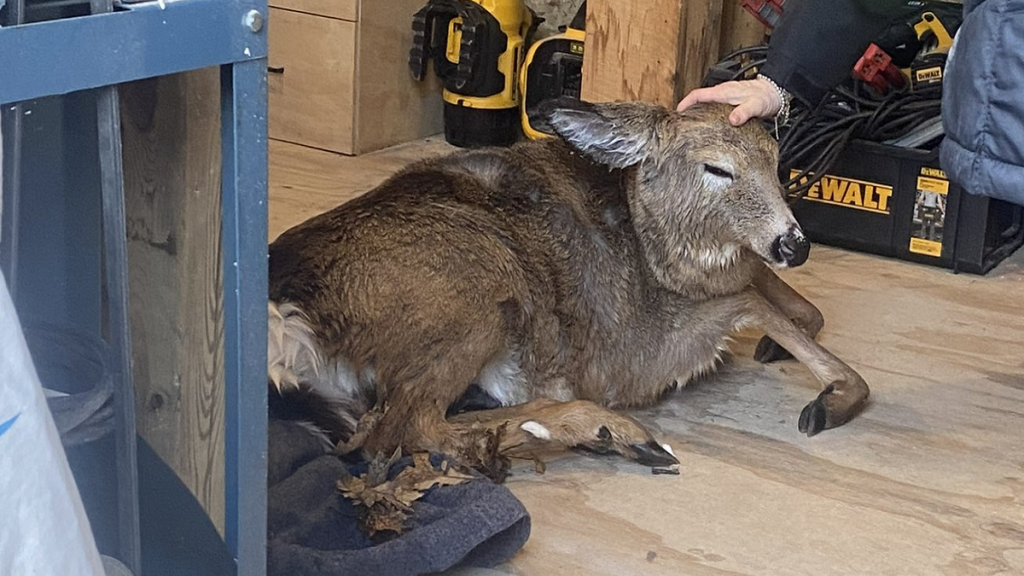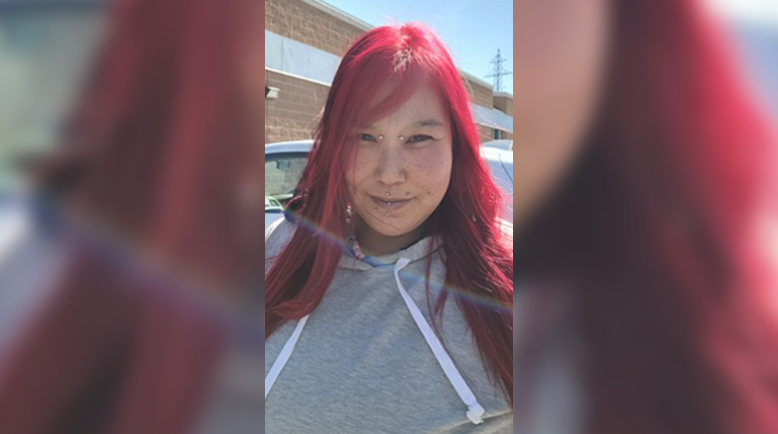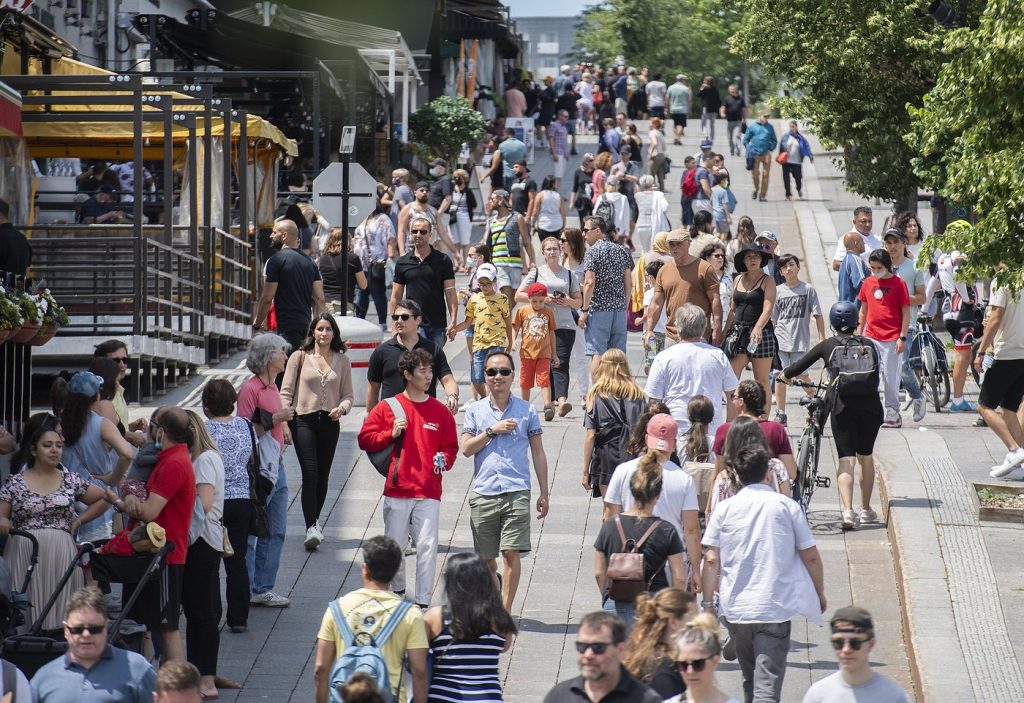How South Africa’s rival parties ‘found each other’ in a last-ditch deal that saved a president

Posted Jun 15, 2024 10:41:26 AM.
Last Updated Jun 15, 2024 10:54:35 AM.
CAPE TOWN, South Africa (AP) — South Africa’s main political rivals are now partners in government after they came together in a last-minute coalition deal that ensured President Cyril Ramaphosa was dramatically reelected with cross-party support, and a struggling country was given a boost.
The agreement was only sealed on the sidelines of a marathon parliamentary session on Friday, allowing Ramaphosa to be reelected hours later for a second term with the help of opposition lawmakers who were once his loudest critics.
The coalition between Ramaphosa’s African National Congress and the Democratic Alliance — South Africa’s only major party with a white leader — means Africa’s most industrialized country can now form a government after a political deadlock that threatened its economic stability.
More than that, it has rejuvenated a nation weighed down by poverty, unemployment, corruption, crime and failing public services. South Africans see a glimmer of hope in the alliance between two parties with very different ideologies that have said they will work together for the good of the people.
It could bring a new unity for a nation still grappling with the legacy of the brutal apartheid system of racial segregation that ended in 1994.
Here’s how the unlikely deal was reached and what it means for South Africa, a prominent voice for the developing world:
Political deadlock
The unprecedented deadlock came after the ANC lost its 30-year parliamentary majority in a May 29 election that laid bare the frustrations of millions of poor Black South Africans still seeking a better life decades after the end of white minority rule. Many deserted the ANC, which liberated the country from apartheid and had been the governing party ever since, leaving it with just 40% of the vote.
While it remained the biggest party, the once-dominant ANC was unable to form a government on its own for the first time or reelect Ramaphosa in Parliament. So began two weeks of frenzied talks with the DA, the second biggest party and a surprise choice for a coalition partner, to find common ground with a deadline looming.
South Africa’s constitution says a new Parliament must convene and vote for a president within 14 days of the election results being declared, and the ANC and DA were in a race against time to broker the country’s most important political deal in three decades.
Breakthrough
The ANC announced Thursday night that an agreement had been reached in principle but talks continued on the finer details. They came unstuck around 2 a.m. on Friday, officials said, and as the new Parliament opened later that day and lawmakers were being sworn in, there was no deal.
The country was gripped as proceedings were broadcast live with no sense whether a president would be elected. The head of the DA’s negotiating team then said the two parties had “found each other” but there was still a painstaking wait for a formal document to be signed as the clock ticked.
It happened during a break in the parliamentary proceedings and DA leader John Steenhuisen announced in a speech to the nation that his party would end its long-held stance of opposition to the ANC by voting for Ramaphosa for president. Ramaphosa was reelected at the end of the 14-hour session, with the votes of DA lawmakers helping him over the line.
The 71-year-old Ramaphosa, who was closely involved in the anti-apartheid struggle, and the 48-year-old Steenhuisen, a teenager when apartheid ended, smiled and shook hands. Ramaphosa called it a “a new era of hope” for South Africa.
Opposition to the coalition
The agreement includes at least two other smaller parties and Ramaphosa has invited all parties represented in Parliament to join a broader coalition under the banner of a government of national unity.
Some have refused, including the new MK Party of former President Jacob Zuma and the far-left Economic Freedom Fighters. They are the third and fourth biggest parties, respectively, and will now likely remain in the role of opposition.
Going forward
While the efforts of the ANC and the DA to find broad common ground have been hailed, no one doubts them governing together long term will be complex.
They disagree on many issues, including on nationalization vs. privatization of key sectors of the economy, on funding health care, on labor rights and foreign policy, where the DA has criticized the ANC’s overtly pro-Russia and pro-Palestinian stance.
Analysts say they need to find an effective way to work together quickly, given South Africa’s pressing problems that include some of the world’s highest levels of unemployment, inequality and violent crime. They are a stain on the reputation of a country that puts itself forward as a leader for its continent and the wider developing world.
___
AP Africa news: https://apnews.com/hub/africa
Gerald Imray, The Associated Press








